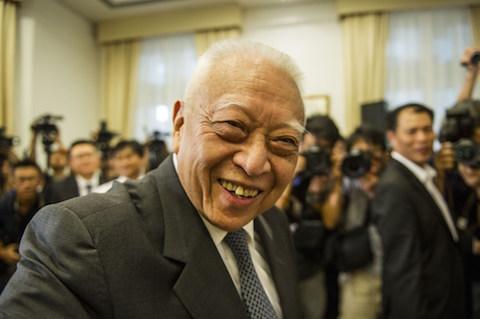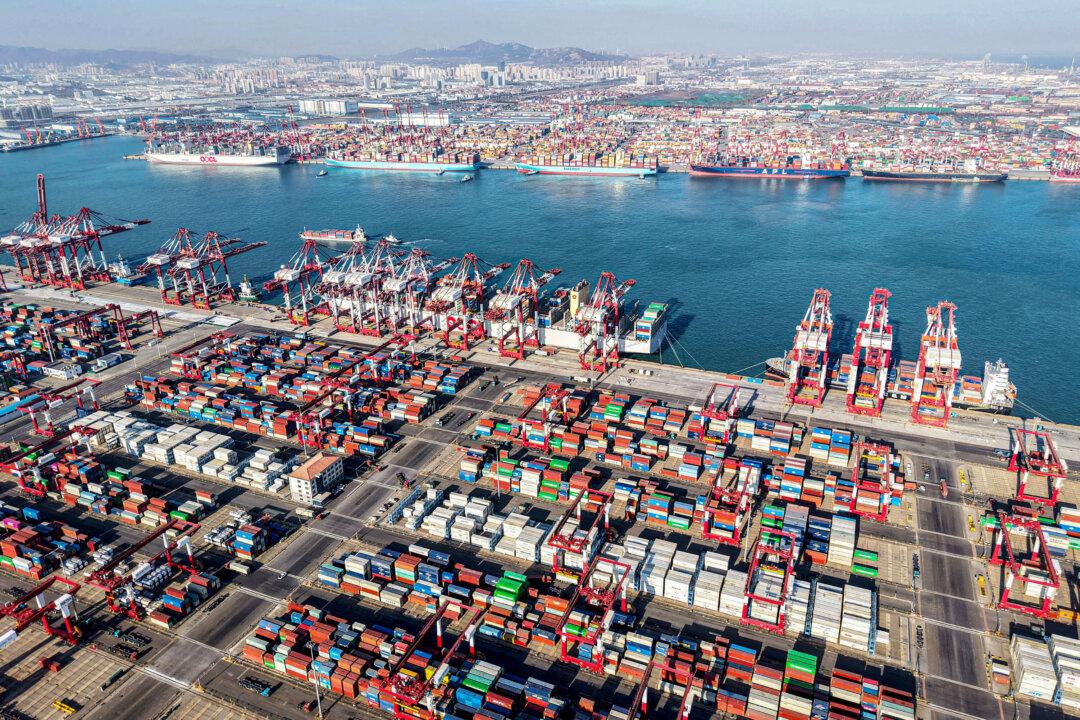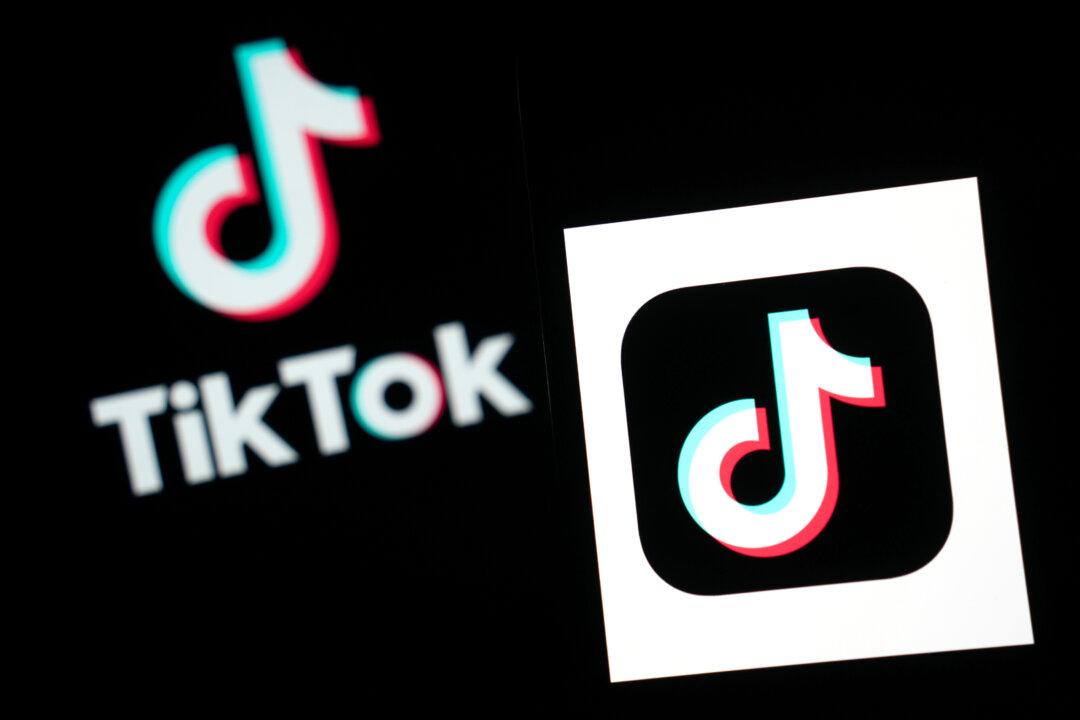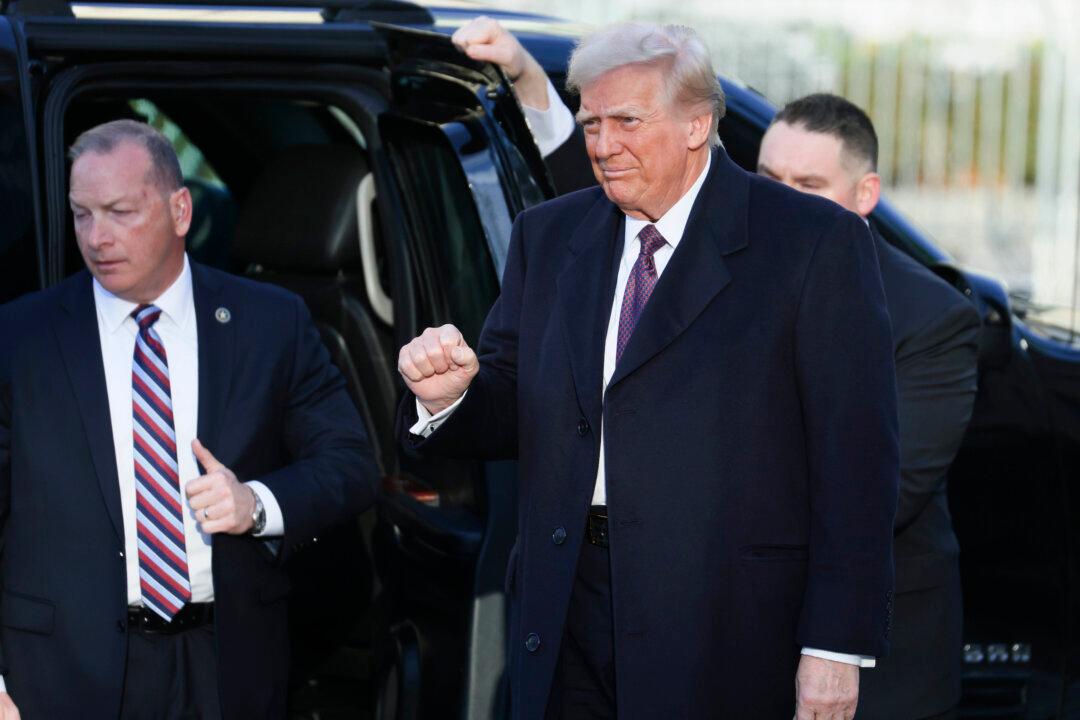At its sole discretion, HKIRC may reject domain name registrations, terminate active domain names that it may deem to be a breach of the new policy, and disclose the information it has related to domain names to law enforcement authorities.
Lento Yip, chairman of the Hong Kong Internet Service Providers Association and a former board member of HKIRC, said, “I worry that the rules are not clear. Also, [authorities] may change rules arbitrarily. We need standards. For example, what is ‘harming national security?’ What types of websites will be blocked?”
He questioned whether Facebook and Google would be blocked as they are in mainland China. “Hongkongers are using Google to conduct business. What are we going to do if Google is blocked [in Hong Kong]?”
Ching Cheong, a veteran Hong Kong journalist and political commentator who had been jailed for three years in China, identified the HKChronicles website’s blockage as a part of the Chinese Communist Party’s (CCP) efforts to own the narrative of Hong Kong history. He connected the HKChronicles site’s blockage with the publishing of the “Chronicles of Hong Kong” series by the Hong Kong Chronicles Institute.

According to Ching, the Institute is run by Our Hong Kong Foundation, a think tank established by Tung and other pro-Beijing politicians.
“Such historical records are without doubt 100 [percent] Beijing’s narrative,“ he said about the ”Chronicles of Hong Kong” series.
The Institute’s Bernard Charnwut Chan stated that the chronicles series would go by the writing guidelines of “recording the historical facts, telling without commenting.” Chan is Chairman of the Executive Committee at the Hong Kong Chronicles Institute and current Non-official Convenor of the Hong Kong Executive Council.
Ching said that he had identified many issues upon reading the first book, “the book is very directional.” He worried that the semi-official chronicles would distort the history for future generations in Hong Kong. He gave an example: “The purpose of Annex III of the Basic Law is to clearly stipulate that China’s constitution is not applicable in Hong Kong. The ‘One Country, Two Systems White Paper’ in 2014 was the first mention that both the Chinese Constitution and the Basic Law are Hong Kong’s constitutional basis.”
If the semi-official chronicles are to repeat the narratives of the CCP, future generations of Hong Kong might never know certain parts of history.
According to Ching, the blocked Hong Kong Chronicles website is a true and objective record of Hong Kong’s history. “A group of young people in Hong Kong who slowly gathered their strength after the ‘Occupy Central’ movement and worked hard to build the Hong Kong Chronicles website.”
Ching said he had browsed the content of the website, “The information there is as objective as possible, without evading facts.”
Wong Ho Wa, a local data scientist and politician, said that authorities would normally approach website administrators and ask them to delete certain content in the past. Now it is different, and police ordered the Internet Service Provider (ISP) to block specific IP (Internet Protocol) addresses.
Wong called the change “unfortunate.” He said that Hong Kong used to have an excellent reputation, partly due to its Internet freedom. However, financial and technology firms are leaving Hong Kong. “The impact is already showing.”





